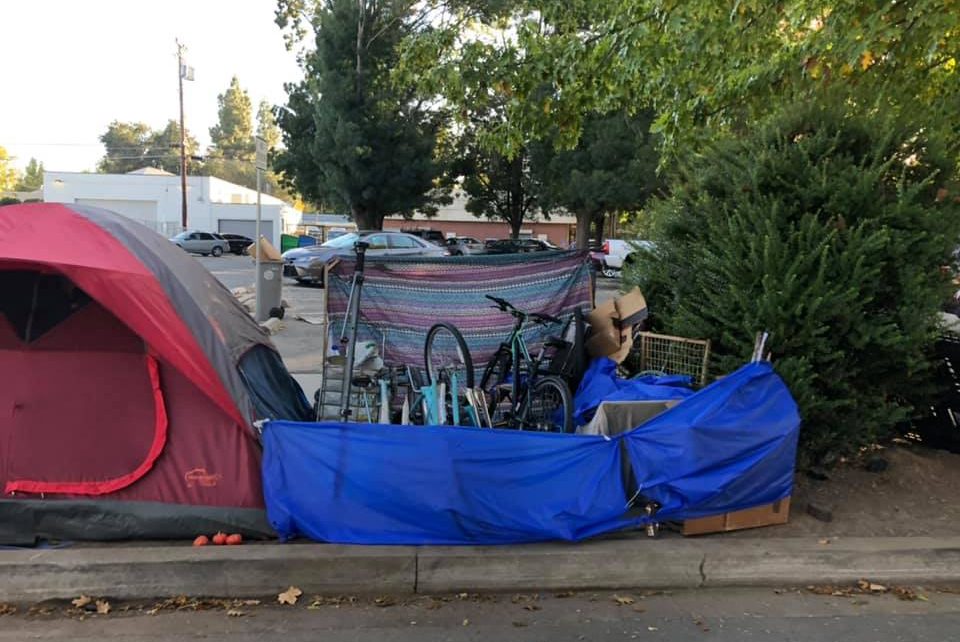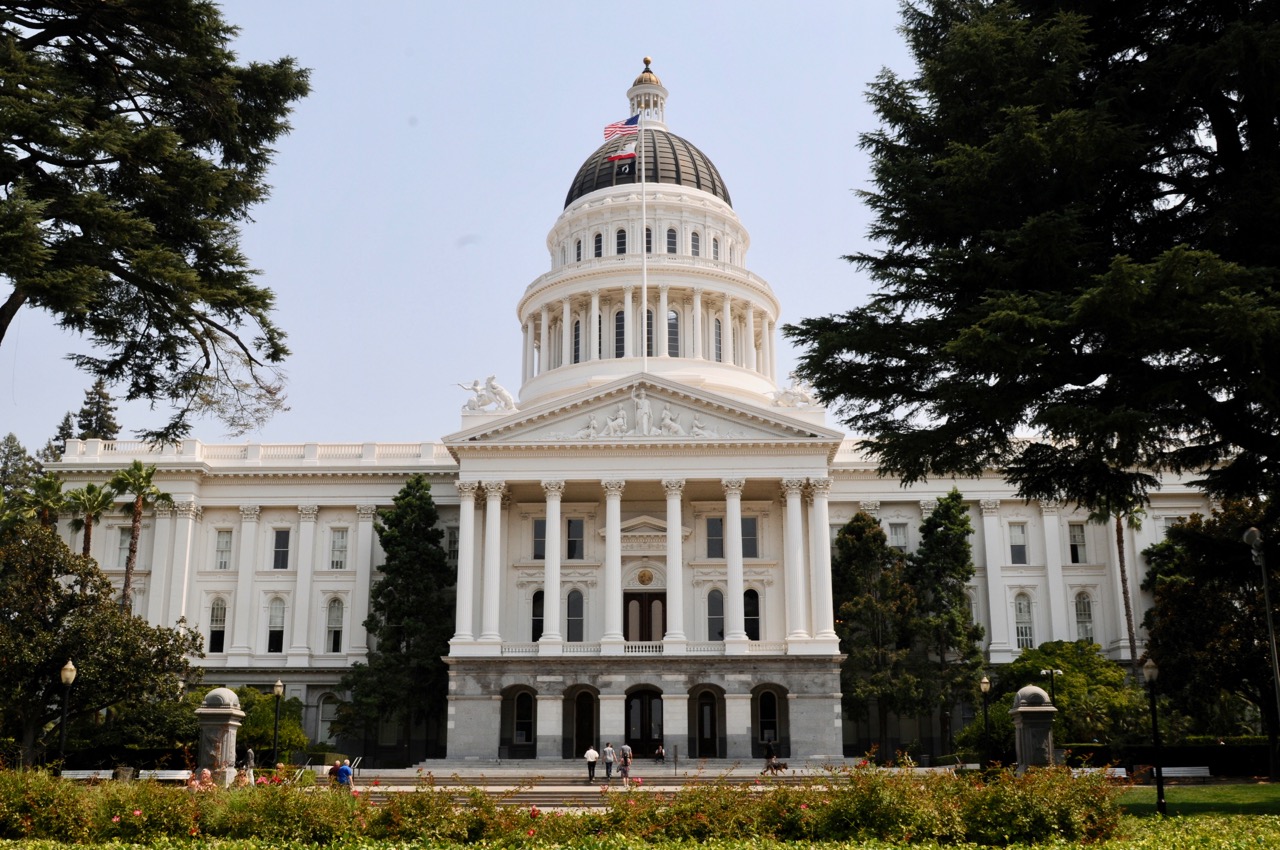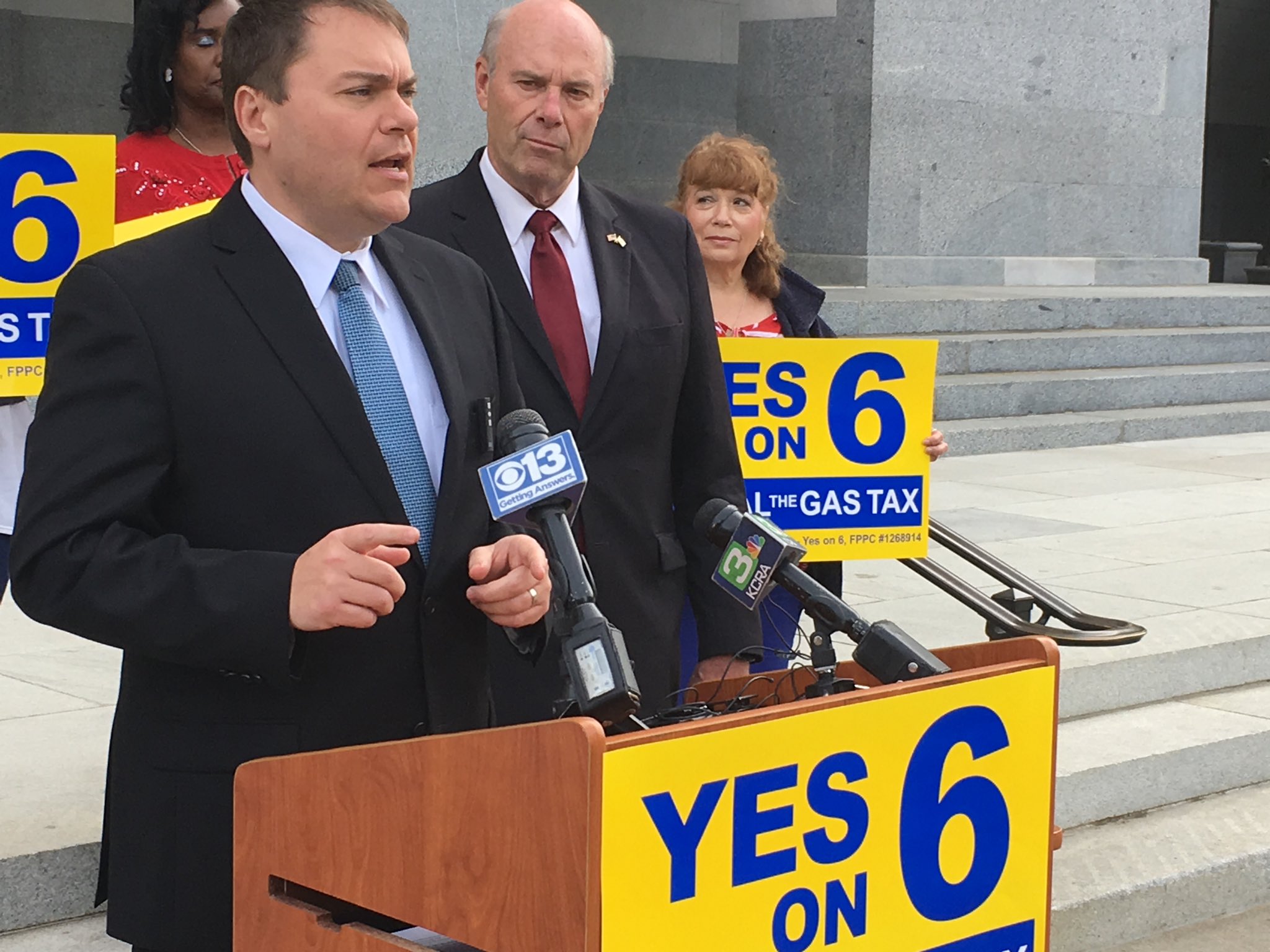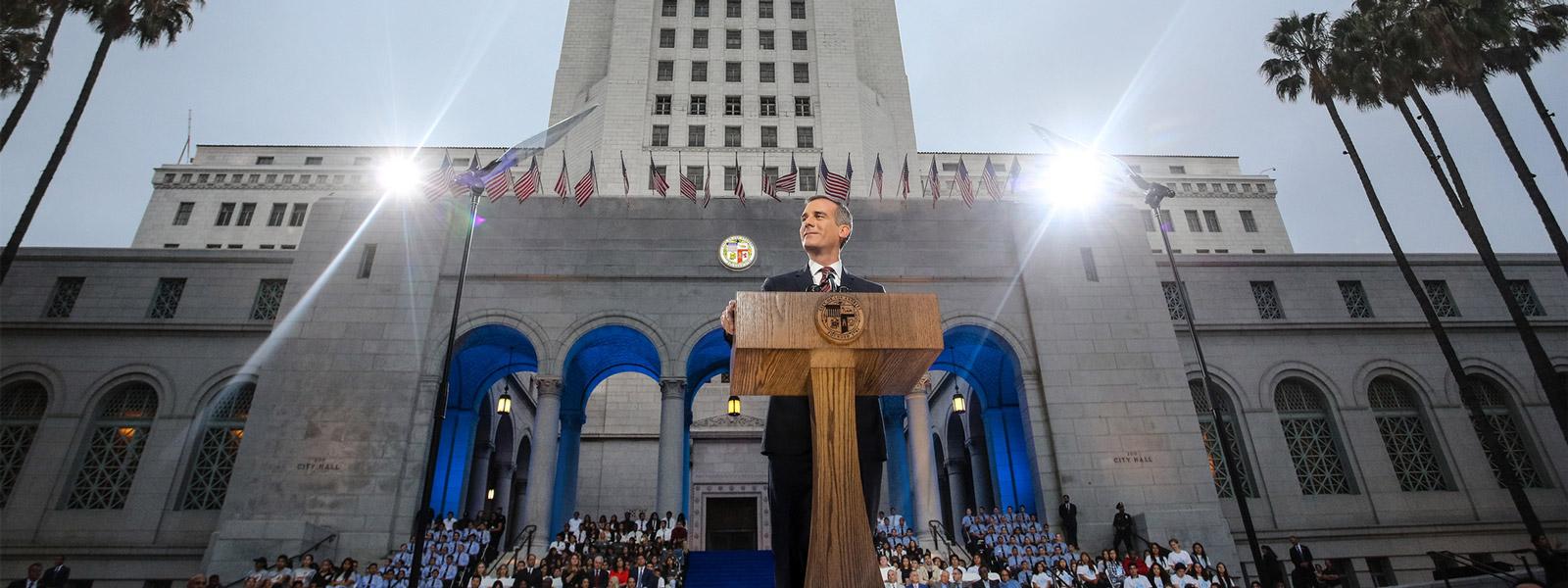
Sacramento homeless encampment. (Photo: Facebook)
The Most Important California Proposition You Will Vote On
Proposition 20 backed by crime victims, law enforcement and business owners could save California communities
By Ramona Russell, October 26, 2020 4:14 pm
In the past nine years, California has seen severe changes to its criminal justice system, resulting in what many believe to be significant reforms gone bad. This November, voters have the opportunity to remedy some of this by voting YES on Proposition 20, which was developed in response to the issues created by Assembly Bill 109 and Propositions 47 and 57.
It started in 2011 with AB 109, The Public Safety Realignment Act, which shifted tens of thousands of inmates from prison to crowded, local jails and inadequate community supervision.
Next, came Proposition 47 in 2014, The Safe Neighborhoods and Schools Act, which changed some drug and property crimes from felonies to misdemeanors, resulting in early parole for violent criminals, and an explosion in retail theft, car break-ins, burglaries and illegal drug use.
Finally, in 2016, Proposition 57, The Public Safety and Rehabilitation Act, allowed many inmates to apply for parole much earlier.
According to the Yes on 20 website, the bipartisan proposition, which is backed by crime victims, law enforcement, business owners and elected officials, focuses on four major areas:
- expanding the list of violent crimes so early release is not an option;
- requiring the Board of Parole Hearings to consider an inmate’s entire criminal history when deciding parole—not their most recent offense; and a mandatory hearing to determine whether parole should be revoked on a third parole violation;
- revising the theft threshold for serial theft;
- reinstating DNA collection for certain crimes that were reduced to misdemeanors.
DNA COLLECTION
Assemblymember Jim Cooper, who was with the Sacramento County Sheriff’s Department for thirty years before becoming an Elk Grove city councilman, authored many bills to help fix the issues caused by Propositions 47, 57 and AB 109, but they all died in committee. He started working on Proposition 20 in 2016, “When 47 passed, which changed theft and drug crimes from felonies to misdemeanors, no one talked about the DNA piece. People who commit misdemeanors don’t get swabbed for DNA—this has resulted in over 2,000 less cold case hits.”
Cooper goes on to talk about the over forty-year old cold case involving the rape and murders of twelve-year-old, Valerie Lane, and thirteen-year-old, Doris Derryberry in Yuba County. When the girls failed to return home from going to a shopping mall, they were reported missing and their bodies were found two hours later; they had been shot at close range. In 2014, the case was re-examined, and the DNA found on one of the bodies was matched to two males, who were cousins and had been previously arrested for drug charges.
In a recent opinion piece by the Los Angeles Times Editorial Board on why voters should reject Proposition 20, they write, “People convicted of some misdemeanors — petty theft, and possession of small amounts of drugs — would be treated like felons in that their DNA would go forever into a state databank that is meant to catch killers and rapists. And for what purpose? The measure’s backers, chiefly police unions, present no evidence that these moves would make anyone safer or reduce recidivism.”
Yet, when Jerry Brown, who has also come out strong against Proposition 20, was Attorney General, he released a study showing DNA collected at arrests—non–violent incidents included—were helping to crack cold cases. A press release from 2010 states the study revealed that in 78 percent of the matches to an unsolved violent crime, DNA was collected from an adult arrested for a non–violent offense such as fraud, drug or property crimes. “Collecting DNA at the time of arrest is cracking cold cases that might have gone unsolved forever,” Brown said. “It is particularly significant that individuals arrested for non-violent crimes have been linked to the commission of violent crimes such as murder and rape.”
SERIAL THEFT
A recent article in the San Francisco Chronicle reports that Walgreens is closing a third location in San Francisco in just one year due to rampant shoplifting. Employees and customers say shelves are regularly empty, clerks are verbally abused, homeless encampments are nearby, and the stolen goods from the store can be found with the “people in the alleys.”
“The loss from retail theft is in the billions and that loss is passed to the consumer,” says Cooper. “And Proposition 47 contributed and exploded the homeless problem. Despite putting one billion dollars toward the issue, California has the worst homeless problem in the country. Most homeless people have addiction and they don’t want help because they don’t want to follow the rules. You shouldn’t be locked up in prison for drugs, but they need consequences to get clean and right now there is no motivation to go to drug court, since the most you get is a citation.”
Citrus Heights Police Chief Ronald A. Lawrence, who represents 333 municipal police chiefs from the California Police Chiefs Association, says that Proposition 47 which was disingenuous by name, may have been well-intended, but there were serious unintended consequences. “47 is an inhumane way to deal with drug addiction. From a humanitarian perspective, law enforcement wants drug addicts, who feed their addiction with theft, to get the help they need with drug court and rehabilitation programs.”
VIOLENT CRIME
Currently under California law, 22 crimes are no longer considered in the violent crime category and people convicted of these are eligible for early release including: rape of an unconscious person, trafficking a child for sex, assault of a peace officer, felony domestic violence.
Lawrence, who has spent thirty years in law enforcement protecting victims, says, “Who in their right mind would think these aren’t violent crimes? It’s a slap in the face to Californians. The voice of the victims has been lost and Proposition 20 will help prevent more victimization.”
PAROLE
The wording on the California ballot for Proposition 20 says, “Limits access to parole program established for non-violent offenders who have completed the full term of their primary offense by eliminating eligibility for certain offenses. Fiscal impact: increase in state and local correctional, court and law enforcement costs likely in the tens of millions of dollars annually, depending on implementation.”
Mike Ziegler, Executive Director of Proposition 20 and former Captain with the Sacramento County Sheriff ‘s office, says under this proposition not one new person will go to prison; they have to serve their time in county jail where they get much better drug treatment.
One of the benefits of Proposition 47 was the $103 million grant that would be shared among the 58 counties in California. However, many counties didn’t receive their money, while Los Angeles received $32 million through its mayor’s and city attorney’s offices and county Department Health of Services.“This was all a haphazard experiment that wreaked havoc on California. Any of the money was dismal at best, and fell far, far short of what was promised,” says Lawrence.
OPPOSITION
Proposition 20 has overwhelming support with over 2,000 entities and individuals, and 600,000 signatures gathered to qualify for the ballot. Despite this support, then-Governor Brown filed a lawsuit to block it, which he lost and was required to pay $60,000 in attorney fees for the other side.
In an interview with KQED, Brown, who recently donated one million dollars to defeat the proposition, says, “The only reason that some police unions have tried to fight it—and the DA’s—is that they are part of an enterprise that depends, for its growth, on more people being locked up. Or they have this ideology that there can be no redemption, no improvement, that once a man commits an act, three or four acts, that that is his whole life.”
Lawrence says, “What an absurd statement. It is a misnomer that cops like to throw people in jail. Police are problem-solvers who are protecting victims and looking through the lens of public safety. Has Brown ever been a victim of a violent crime? Has he been in the community dealing with victims? Has he been with rape victims whose perpetrator will get out on early release? With business owners who no longer call police because they’ve been ripped off so many times and they know there will be no consequences?”
Cooper adds, “Brown’s comments are categorically untrue. People need to be held accountable and, in his world, no one is held accountable.”
- HOMELESSNESS: Former Incarcerated, Drug Addict and Dealer Shares Story of Sobriety and Success - April 17, 2021
- The Most Important California Proposition You Will Vote On - October 26, 2020
- How Prop. 47 Fueled the Homeless Epidemic - February 24, 2020





YES, very important! Not hearing too much about it out there —- thank you Ramona Russell for giving us such a great rundown. Passage of Prop 20 will correct a lot of the law and order issues that have ailed California for so long and that have caused other problems. VOTE YES on PROP 20.
I voted yes on prop 20
Yes to everything but DNA sampling. This opens too many doors that should remain shut. Abuse will happen. More of our constitutional rights dissolving before our eyes.
Yes on 20 & 22, HELL NO on everything else